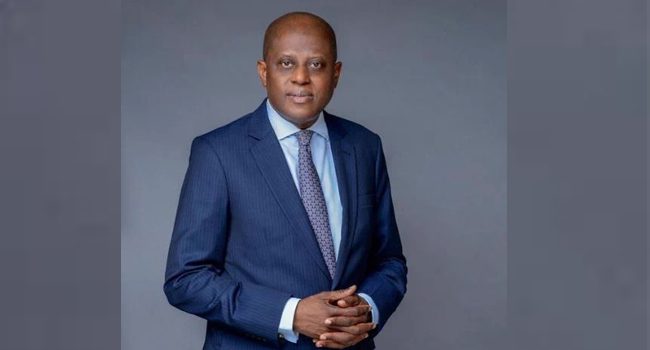Business
Nigeria’s revenue from crude oil expected to decrease in 2024

Olayemi Cardoso, the governor of the Central Bank of Nigeria (CBN), predicted that the country’s crude oil revenues will plummet in the 2024 fiscal year.
During a meeting with the Senate and House of Representatives Joint Committee on Banking, Insurance, and Other Financial Institutions on Thursday, the governor of the apex bank made this announcement.
Cardoso bases his argument on the national hydrocarbon theft limit, the crude oil production cap, vandalism, and the International Oil Companies’ (IOCs) withdrawal from the upstream oil industry.
“We expect lower revenue from oil exports due to the 1.78 million barrels per day production limit in 2024,” he stated. Nigeria’s OPEC-approved quota of 1.8 million barrels per day exceeds the budget estimate for 2024.
But the nation’s output has fallen short of these benchmarks. The budget goal for 2023 was 1.69 million barrels per day; however, in Q3 of that year, production reached its peak at roughly 1.35 million barrels per day.
The underperformance of the oil production objective can be attributed to various factors such as crude oil theft and pipeline vandalism, production shutdowns, and divestitures by
IOCs have left Nigeria for a variety of reasons, including deep-seated conflicts in host communities, oil theft, and instability.
While Exxon-Mobil is giving DOC Seplat Energy all of the shares in its Nigerian business, Shell hinted last year that it has received proposals for its whole onshore and gas assets.
The governor of the CBN, however, stated that Nigerians should anticipate relief from the country’s skyrocketing inflation and exchange rates as he predicted a reduction in both in the upcoming year.
Cardoso argued that exchange rates and inflation would stabilise despite external forces that came and went.
“The domestic economy is predicted to continue on its current positive track through 2024 with an optimistic outlook.
“Inflation pressures are predicted to decrease in 2024, but they may continue in the near term. Exchange rate pressures should also considerably lessen as long as the foreign exchange market runs smoothly.
In particular, he told the MPs that a new strategy for managing the exchange rate has been implemented with the goal of decreasing arbitrage, rent-seeking activity, and market speculation since the unification of the exchange rate windows in June 2023.
The goal of the policy is to establish a market in which supply and demand for foreign currency decide the exchange rate.
“The premium has shrunk, and by boosting the independent foreign exchange supply, we hope to increase stability and further reduce the premium.
In the third quarter of 2023, total trade was N18.804.68 billion. The overall value of imports was N8.457.68 billion, while the value of exports was N10.346.60 billion. Positive trade balances like this one would result in higher foreign reserves.
The interactive session was arranged for a statutory briefing by CBN in compliance with current legislation, according to Senator Tokunbo Abiru, the chairman of the joint committee and a senator representing Lagos East.
